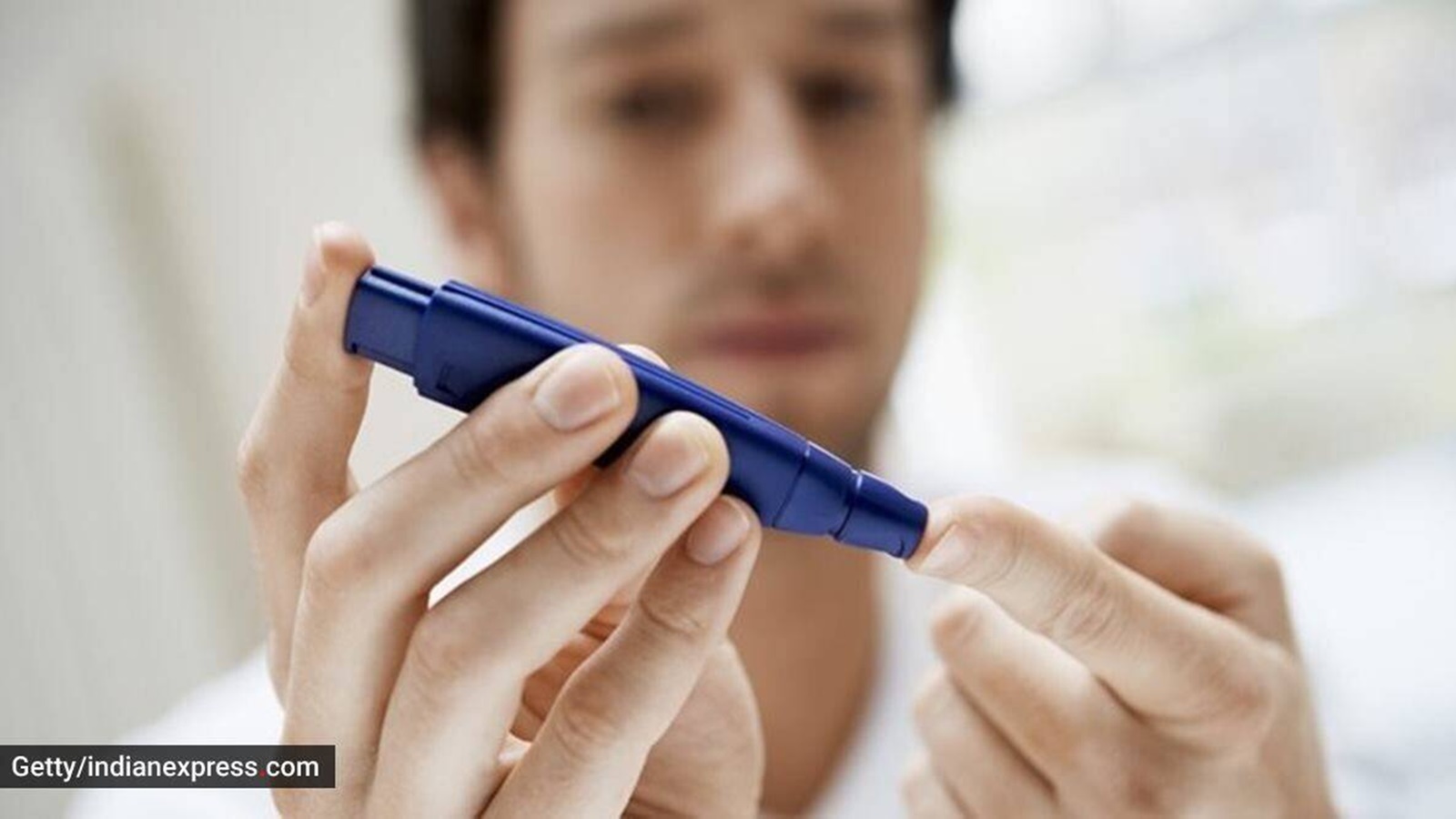Gildersleeve
Well-Known Member
- Relationship to Diabetes
- At risk of diabetes
As this forum makes clear...we cannot give absolute advice what is a good path to control diabetes. It is as individual as each of us. We know too well a lot of studies are questionable. Many articles in newspapers are too. Many are desperate and clutching at straws.
But if we don't see or hear the latest ideas being talked about how will we know if something just maybe could help. We can all come on here and say this is guff. I am not suggesting that anyone follows this

But if we don't see or hear the latest ideas being talked about how will we know if something just maybe could help. We can all come on here and say this is guff. I am not suggesting that anyone follows this

Can adding these two ingredients to our meals lower blood sugar spike by 15-20 per cent?
Besides improving the flavour of food, pepper and lemon work together to boost carbohydrate digestion, and nutrient absorption. But do they bring down blood sugar spike?
indianexpress.com
